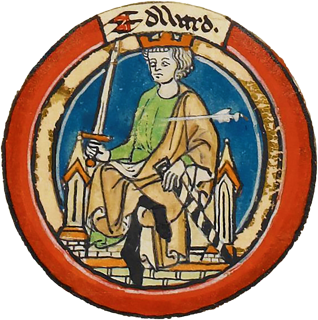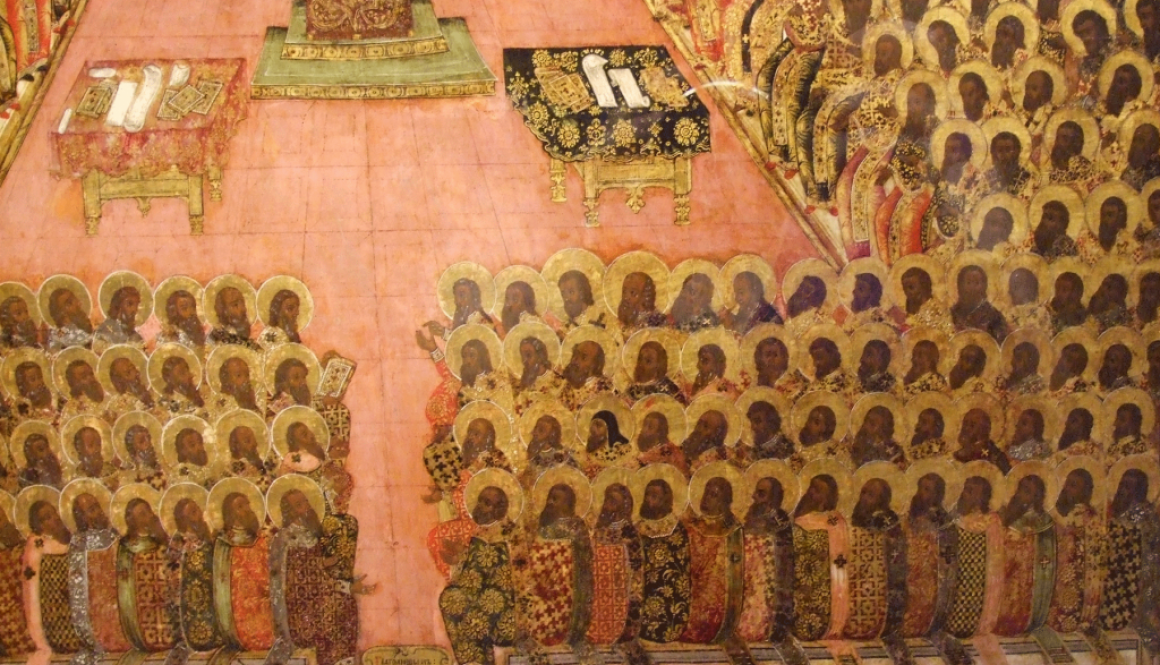20th after Pentecost (7th Ecumenical Council)
Today’s Apostle is for the Holy Fathers, in this case of the 7th Ecumenical Council which we celebrate today. As many will know it was the 7th Council which settled the dispute over the legitimacy of icons. I say ‘settled’ because it was actually about another century before the decisions of the Council were universally accepted.
The Apostle is actually the final seven verses of St Paul’s epistle to Titus. The Epistles to Timothy and Titus are sometimes called the ‘Pastoral Epistles’ because they are addressed specifically to people, to people who are pastors and Paul, out of his experience as a pastor advises and encourages two of the next generation of church leaders.
Timothy and Titus were not apostles, but they have been called ‘apostolic men’. Timothy led the Church in Ephesus, and Titus the Church in Crete. Today they would have been referred to as bishops, but at that time the office of bishop was not entirely clear and the terms ‘bishop’ and ‘presbyter’ are often used interchangeably.
So in this portion of the Epistle Paul is setting out his final message before signing off. It is for Titus in his church, says Paul, to insist on ‘these things’, that is the particular matters about which he has been writing in the epistle. The reason is ‘so that those who have believed in God may be careful to apply themselves to good deeds; these are excellent and profitable to men.’
So there is a basic Gospel that Paul has proclaimed among them, and that Titus is to uphold: but Paul is also aware that the early Christians can be easily sidetracked. They are to avoid stupid controversies, genealogies, dissentions, and quarrels over the law’.
These ‘stupid controversies’ are the kind of things that the Jews considered to be very important. Genealogies were important to the Jew because those who could trace their ancestry to some prominent person in the past were often honoured in the present. Just as two obvious examples we could quote the Royal House of Judah, the descendants of David, and the Priestly Family, the descendants of Aaron, some of whom inherited the priestly office, and some of whom assisted the priests in the Temple. There were no doubt others, but the point is that in the Church, neither descent from David, or from Aaron were of any significance whatsoever. They conveyed no privileges to Christians, and to treat them as being of any importance was, in Paul’s words unprofitable and futile.
The other matter that Paul mentions is quarrels over the Law. That is the Jewish religious Law – the Law of Moses. This was a matter which had been of concern to Paul since he became an Apostle and a Christian missionary. As we read his epistles , and the Book of the Acts of the Apostles we find that time and time again he is having to show that the Gospel in most respects has superceded the Law. In many places Christian Jews were insisting that Gentile converts must accept the Law in all respects, and on one occasion Paul was forced to stand up against Peter, who had given in to Jewish pressures, and was no longer eating with Gentiles. These things are unprofitable and futile.
If such a person is found supporting these matters he is to be admonished twice, but if he ignores these admonitions he stands self-condemned. Paul does not draw the conclusion to this statement, but what we are to understand is that such a person is to be excluded from the Fellowship.
Paul’s Gospel is at the same time very simple and very clear. The Gospel that he declares is Christ, and Christ Crucified. Paul preached the Cross, but also the Resurrection whilst recognising that this was foolishness to the Greeks with their sophisticated wisdom and philosophy. In Athens the learned Greeks laughed at Paul, but at least some wanted to hear him further and were convinced.
But the Cross and the Resurrection of Christ were to be worked out in the lives of Christians who, after believing were to be baptised, and in that act entered themselves into the death and resurrection of Christ. To go down into the water, to be submerged in it was death and burial with Christ to be taken up out of the water was resurrection with him. That is what Christians celebrate every Pascha. It is not merely the remembrance and celebration of an historical event. It is a making present of an act in which we re-engage as we celebrate it once more.
And every time we celebrate the Eucharist, the Divine Liturgy, these events are again made present among us and also, with Christ, we present them before the heavenly altar, an act in which we can engage because we receive the Body and the Blood and in so doing renew and strengthen our relationship with him; our being in him.
In case we should feel superior, having understood all this, I have to point out that, although there are mainly different matters, for people to get hot under the collar about today there are real live issues.
Let us just briefly consider the temptations which might arise in Orthodox congregations in our day.
Nationalism within congregations where people feel that, although worshipping in Britain they are in touch with the Old Country and its customs. Then there is the phenomenon by which, for instance Roman Catholic converts become, as we say, more Catholic than the Pope. The same thing can happen among Orthodox converts. The insistence on customs which have perhaps originated amongst one particular stream of Orthodoxy: perhaps even the introduction of customs which do not belong to Orthodoxy at all, which may in themselves be neutral but can also be divisive.
Let us hold to the Gospel that we have received, perhaps many years before discovering Orthodoxy, and let us gladly receive and employ the many aids available in the Orthodox Church to enable what we have received to come to maturity within us.

